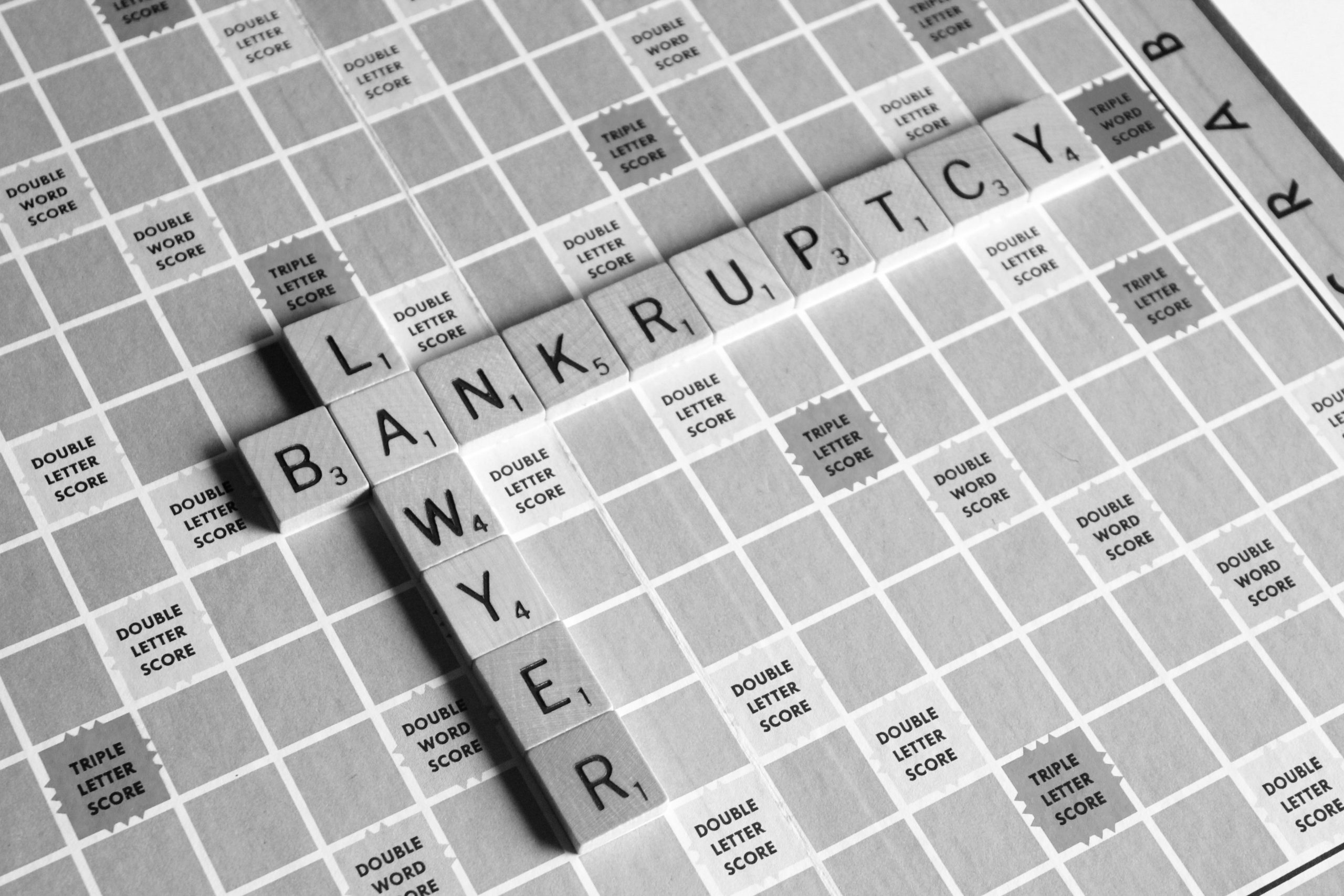Imagine that you have $100 in your bank account, are behind on your utility bills and need to know the cost to file bankruptcy tomorrow to help alleviate your debt and keep your lights on — literally. Now imagine that you meet with a bankruptcy attorney, and he says it costs $1,500 in bankruptcy attorney fees and nearly $350 in filing fees.
How can you afford the cost to file bankruptcy when it’s obvious you cannot afford your next utility payment?
This is one of the most common questions. The cost of bankruptcy can be prohibitive, but let’s cover some ways to make it work.
Chapter 7 vs. Chapter 13 Bankruptcy and Costs
Filing bankruptcy is often the last resort for individuals. There is a negative credit impact and potentially other negative attributes that should be considered before filing.
There are different types of bankruptcy.
Chapter 7 bankruptcy is the most common consumer bankruptcy. The cost to file including the attorney fees is less expensive, and it’s fast. You can have alleviation from your debt in as little as 120 days. For example, in the above example, you’d probably be able to pay your utility bill because your crippling debt is discharged (or forgiven).
You have to qualify for Chapter 7 bankruptcy, but there are free bankruptcy calculators you can take to help estimate qualification.
Chapter 13 bankruptcy is a payment plan bankruptcy. The cost is much more expensive given the attorney and trustee fees and the 3 – 5 years you have to pay it off.
Chapter 11 is a business bankruptcy, and that’s what Chuck E. Cheese filed (not surprisingly) last year.
Pushing Chapter 13 Bankruptcy
The reason you want to be aware of the differences between Chapter 7 and Chapter 13 bankruptcy is to make sure you don’t get pushed into Chapter 13 bankruptcy.
Why would a bankruptcy attorney suggest a Chapter 13 bankruptcy when you qualify for a Chapter 7 bankruptcy?
Take a wild guess. Could it be about the costs associated with Chapter 13? I’ll never tell.
That said, you can take a free Chapter 7 versus Chapter 13 bankruptcy calculator online to holistically compare your bankruptcy and bankruptcy alternative options to make the most informed decision.
Also, there are many times where you may want to file a Chapter 13 bankruptcy even if you qualify for Chapter 7 bankruptcy. So, you may just want to do your research and decide what’s best for you.
Using Payment Plans to Cover Cost to File Bankruptcy
Many bankruptcy attorneys take payments for Chapter 7 bankruptcy filing after offering free bankruptcy consultation. If a bankruptcy attorney doesn’t make a payment plan for a Chapter 7 bankruptcy, I would ask why. If you have $200 and need to file today, how can you legally cover the bankruptcy attorney cost? It might be difficult.
Another common option is that bankruptcy attorneys will offer a $0 down Chapter 7 filing, and then include the payments in a payment plan. Please note that the total cost is often higher because the bankruptcy attorney takes additional risk. The risk is that you would not continue paying the payment plan after filing the Chapter 7 bankruptcy.
Pro Se Bankruptcy Filing (The $0 Cost Option)
Pro se basically means that you are doing something by yourself. Many people file for bankruptcy by themselves (or without an attorney) each year. Often it’s a Chapter 7 bankruptcy because it is often less complex than the Chapter 13 bankruptcy.
If you file pro se bankruptcy, your costs decrease substantially. You would only have to pay for the filing fee, credit counseling fees, and potentially various miscellaneous fees.
Conclusion.
Life happens and many people decide to file bankruptcy. Even Dave Ramsey, the personal finance guru, filed for bankruptcy.
The cost of filing bankruptcy can be prohibitive, but there are options. Understand the differences between Chapter 7 and Chapter 13 to protect yourself from being pushed into Chapter 13. Know that many bankruptcy attorneys take payments and that some people even file bankruptcy without an attorney.
















